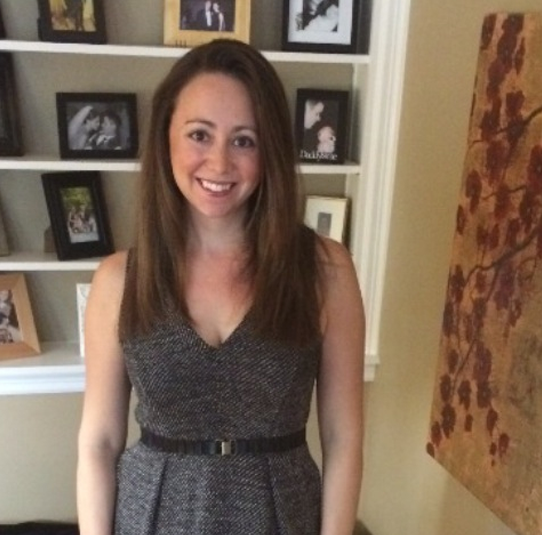In many homes on the first day of school, kids are asked the same question (and every good Pinterest mom has a board ready for the photo-op answer): "What do you want to be when you grow up?" This year my son said, "a secret agent" and my daughter said, "a princess who eats, a lot." I dutifully recorded their responses and took their pictures. After they went to school, I started thinking, "What will they say next year?"
When we are young we are allowed—actually expected—to change our minds about what our future holds. Then college starts, and a major is declared. Suddenly, we aren't dreaming kids anymore: I became Lisa, Marketing Major.
After college I began my marketing "career." I had an enjoyable, challenging job, and thought, "This is it, marketing for life!" About four years later, I started thinking, "What do I want to be when I grow up?" Enter career No. 2.
I had a brilliant idea. I wanted to be a lawyer. Law school was not a load of laughs and it was a definite adjustment from my previous lifestyle. The majority of my classmates were five years younger than I, and hadn't left developing careers to be there. I quickly found another student with an engagement ring (which to me meant she wasn't twenty, either) and we stuck together for the next three years.
My greater challenge arose when I began working. As some of you may know, in a law office the new associate attorneys are referred to as the "young" associates. It was an assumption that didn't apply to me. I wasn't old; only thirty. But the other thirty-year-olds were approaching the partner track, and I was where they had been six years prior: the bottom.
 I've learned that when making a dramatic career change, you must check your ego at the door. While you'd been moving up the ladder in your old office, you are now placed squarely at the bottom rung. You simply don't know as much as the younger, yet more seasoned employees. However, that doesn't mean you will never meet, or even surpass, their level of expertise. You just need to swallow your pride on the way up. For a few years, your "biological age" will not match your "office age." I was thirty, but my office age was twenty-three.
I've learned that when making a dramatic career change, you must check your ego at the door. While you'd been moving up the ladder in your old office, you are now placed squarely at the bottom rung. You simply don't know as much as the younger, yet more seasoned employees. However, that doesn't mean you will never meet, or even surpass, their level of expertise. You just need to swallow your pride on the way up. For a few years, your "biological age" will not match your "office age." I was thirty, but my office age was twenty-three.
While career change creates added challenges, there are also added benefits. First, with age comes maturity. Additionally, you have experience tackling work-related problems, albeit in different fields. And you work more efficiently. With more to juggle, you have no other choice. Finally, some clients actually appreciate a more seasoned face. Crows feet to the rescue!
Ultimately, my husband was relocated for work and I left my firm. Some of my friends say I "retired." I prefer the term "hiatus." But if I do return, it will be forty-year-old me, still a "young" associate. That's terrifying!
Heck, I can always move on to career No. 3.
Written by Lisa Stickler, a freelance writer. She graduated from Michigan State University and John Marshall Law School. She and her husband are raising their two children and pet Boxer, Moxy.




